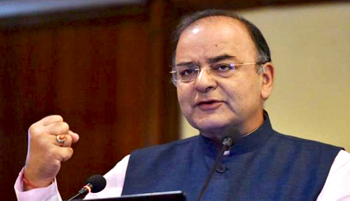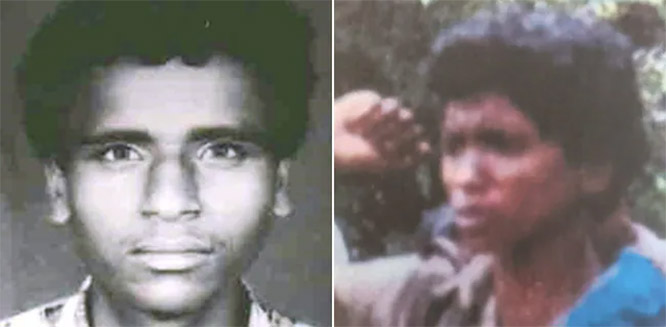New Delhi, Mar 22: A new nationwide goods and services tax (GST) will be rolled out from July 1 to create one of the world's biggest single markets, make commodities cheaper and make tax evasion difficult, Finance Minister Arun Jaitley said today. Speaking at the 23rd Conference of the Commonwealth Auditor General, Jaitley said India has "hugely" a non-tax compliant society and the government banned higher denomination notes to curb the tendency of people to deal in cash that lead to tax evasion as well as terror financing.

Despite being one political entity, India currently is not a single economic entity as there are multiple layers of taxation that make goods costlier. GST - first proposed in 2006 - will replace at last 17 state and central levies. "The biggest taxation reform what we are trying to implement from July 1 is Goods and Services Tax ... It will increase the volume of taxation, there is no tax on tax and therefore makes goods, commodities and services little cheaper and far more convenient," Jaitley said.
The Union Cabinet this week cleared four supplementary GST legislations which will be introduced in Parliament in the ongoing budget session. "The laws which enable this (GST) are now before Parliament which hopefully should get cleared and once they do get cleared then by the middle of this year we hope to see the implementation as far as this law is concerned," Jaitley said. In terms of tax compliances, he said India ranks fairly high as a non-compliant state. "Therefore, one of the efforts of the state has been how to bring non-compliance to an end. Once the GST is introduced it will be a great check as far as evasion is concerned," he said, adding that the government has amended direct taxation law by bringing in curbs on cash currency.
Jaitley, yesterday, in Parliament introduced an amendment to Finance Bill 2017 proposing to ban cash dealings above Rs 2 lakh. "Cash component of Indian economy was exorbitantly high about 12.2 per cent of GDP and of this, 86 per cent was high denominational currency and therefore the tendency to deal excessively in cash did exist and this created its own challenges for economy," he said. Cash facilitated crime, corruption, incentivised tax non-compliance and was facilitator for funding terrorism and insurgency, he said, as he defended November 8 decision of the government to demonetise 500 and 1,000 rupee notes.
"(With demonetisation) Anonymity which was attached to this high level of cash operating in market that anonymity disappeared as it had to be deposited in bank. "This has also increased the trend towards digitisation of economy, (will) act as disincentive to continuing to deal in a shadow or parallel economy and lead to a further integration of informal with formal economy," Jaitley said. He said the size of India's GDP in the near future will be bigger, size of formal economy will increase and will be cleaner. As regards growth, Jaitley said India would continue to remain amongst the fastest growing economies of the world.
"For the last three years we have been the fastest growing major economy, we will continue to be in that phase. I think for India to achieve the growth rate of 7-8 per cent is reasonably logically plausible. If big growth returns to the world we probably can push upwards," he said.
Outlining the challenges for Indian economy, Jaitley said the government is now trying to address the problems plaguing the public sector banks and also increasing private investment.
"We are hopeful that in the next few quarters, will probably see a better result as far as those areas are concerned," he said, adding oil prices remain an uncertainty for India. The gross NPAs of public sector banks have risen from Rs 5.02 lakh crore at the end of March 2016 to Rs 6.06 lakh crore in December 2016.








Comments
Add new comment